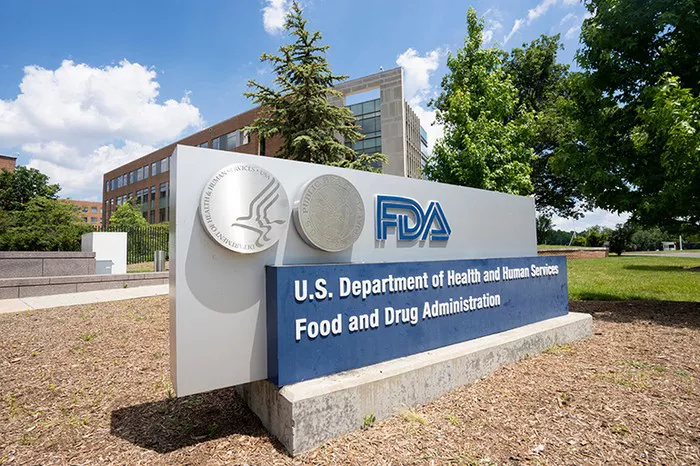A new artificial intelligence tool developed by the U.S. Food and Drug Administration (FDA) to accelerate the approval process for critical medical devices is facing significant operational challenges, according to sources familiar with the system.
Internally named CDRH-GPT, the AI tool is still in beta testing and has shown difficulty performing basic functions. Two individuals with direct knowledge of the system revealed that it suffers from glitches, does not integrate with the FDA’s internal systems, and struggles to upload documents or respond to user queries. Moreover, the tool currently lacks internet connectivity and cannot access up-to-date information such as newly published studies or subscription-based content.
CDRH-GPT is designed to support the Center for Devices and Radiological Health, the FDA division responsible for regulating vital medical equipment, including pacemakers, insulin pumps, CT scanners, and X-ray machines. The initiative comes at a time when the agency is navigating the aftermath of recent mass layoffs within the Department of Health and Human Services (HHS), which affected essential backend support services, though most device reviewers were spared.
FDA reviewers routinely analyze extensive data from animal studies and clinical trials—a time-consuming process that can stretch over many months or even a year. AI integration is seen as a potential way to significantly reduce these timelines.
However, concerns are growing that the FDA’s rapid shift toward AI may be premature. Since taking the helm of the agency on April 1, Commissioner Dr. Marty Makary has made AI integration a priority across all FDA departments. Despite the agency setting a June 30 deadline for CDRH-GPT’s implementation, insiders say the tool remains unready for deployment in its intended form.
“There’s a real risk in deploying AI before it’s truly capable,” warned Arthur Caplan, head of the medical ethics division at NYU Langone Medical Center. “Lives are at stake when it comes to medical device approvals. The system still needs human oversight. AI can’t yet adequately challenge or interrogate applicants.”
The FDA declined to respond directly to inquiries about the tool, instead referring all media requests to the Department of Health and Human Services. HHS has not provided a comment.
Meanwhile, the agency has launched a separate AI tool known as Elsa, now available to all FDA staff. Elsa is being used for basic tasks such as summarizing adverse event reports. According to Makary, initial feedback has been positive.
“One of our reviewers reported that Elsa completed a task in six minutes that would normally take two to three days,” Makary said during an interview last week. “That kind of efficiency could be transformative.”
While Elsa’s success provides a glimpse into AI’s promise, skepticism remains over CDRH-GPT’s readiness to assist in life-critical decisions. With just weeks to go before the June 30 deadline, FDA insiders are bracing for more hurdles as the agency navigates the balance between innovation and public safety.
Related topics:

